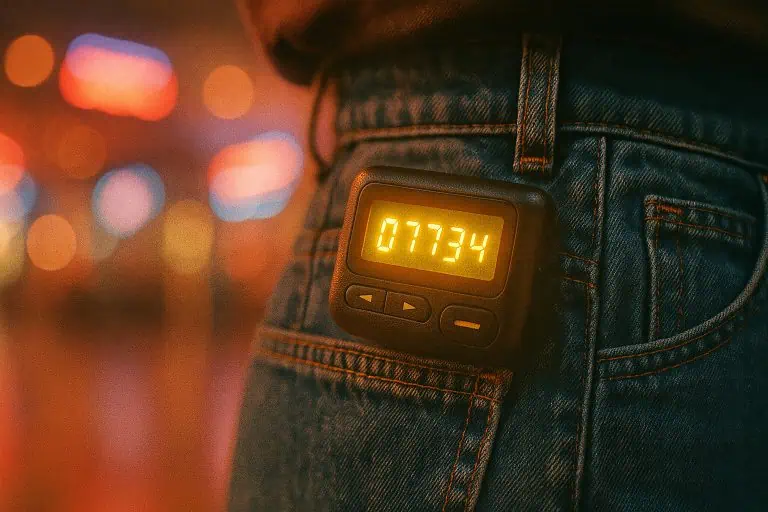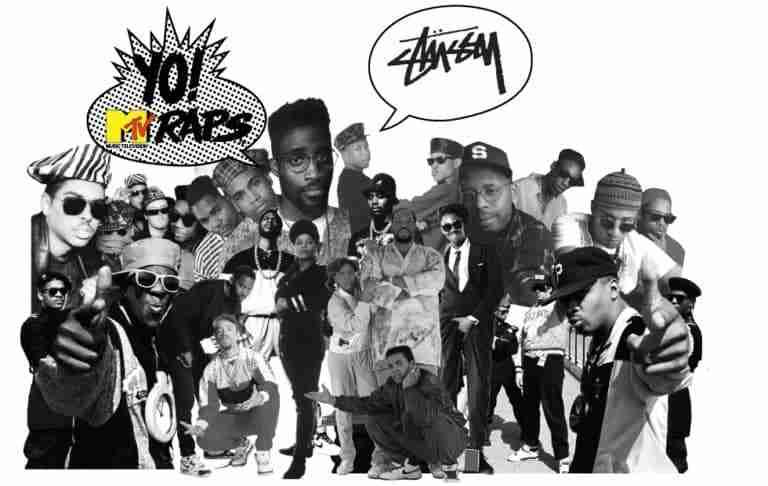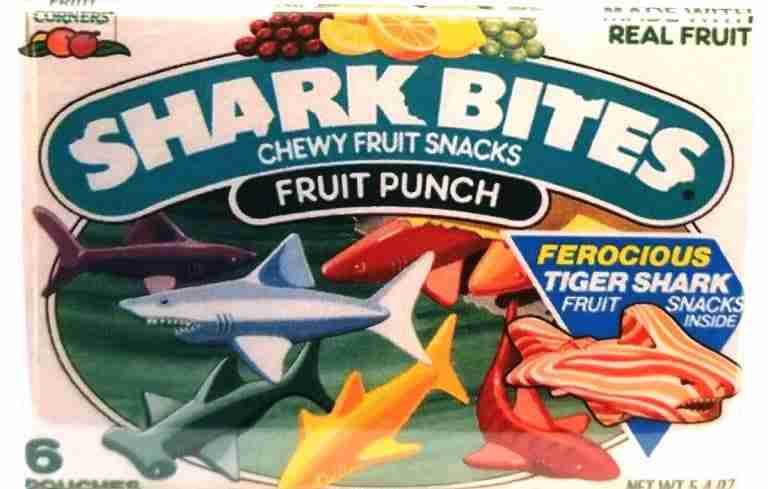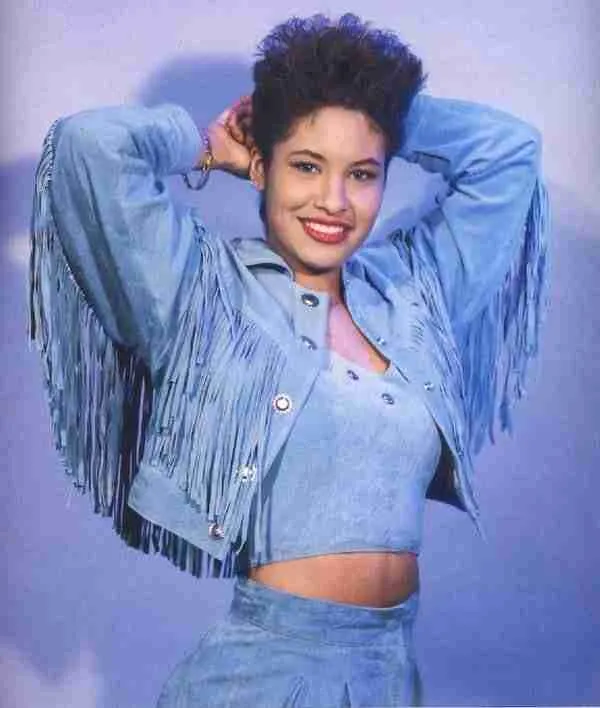From Our Handwritten Diaries to Digital Dynasties: How We 80s Kids Conquered Blogging
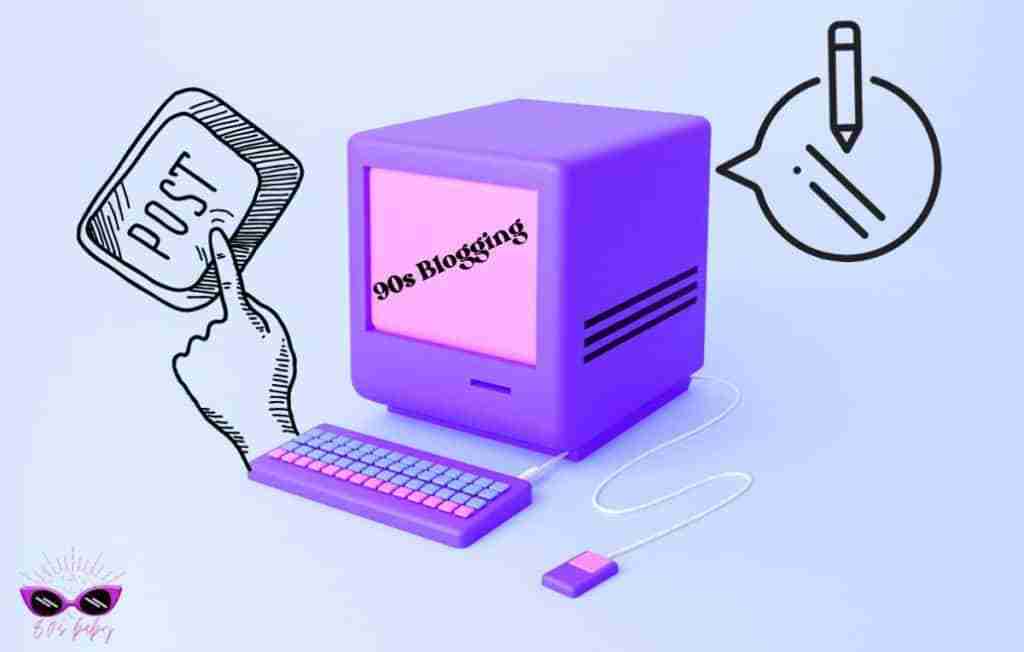
Ready to start your own blog? Listen, if we could master the art of storytelling with nothing but a pen, some stickers, and our bedroom walls as our audience, imagine what we can do with the entire internet at our fingertips.
Whether we’re chasing personal expression (hello, we invented that), building communities (mall kids, unite!), or making some serious money, blogging feels like the natural evolution of everything we were already doing. And with the right tools? We’re about to show these young bloggers how it’s really done.
Remember When “Going Viral” Meant Passing Notes in Study Hall?
The history of blogging might officially start in the early 1990s when the World Wide Web began to take off, but let’s be honest, we were already blogging. We just called it “writing in our diaries” and “making mixtape liner notes.”
When Justin Hall created Links.net in 1994 (credited as one of the first blogs), we were like, “Finally! A digital version of what we’ve been doing forever!” Hall even coined the term “blog,” short for “weblog,” but we already had our own vocabulary for documenting our lives.
Those early platforms, like Open Diary and LiveJournal. They felt like coming home. We’d been pouring our hearts out in private journals for years, and suddenly we could do it with an audience who actually got our references to John Hughes movies and New Wave bands.
How We Went from Mall Rats to Blog Masters
As blogging exploded in the late 90s and platforms like WordPress and Tumblr made everything easier, guess who was ready? Us. We’d been practicing our whole lives.
- Fashion blogs? We’d been critiquing outfits since we first laid eyes on Madonna’s “Material Girl” video
- Food blogs? We survived on Pop Rocks and Tab—we had opinions about flavor combinations
- Lifestyle blogs? We’d been curating our identities through bedroom decor and locker aesthetics for years
- Corporate blogs? We understood branding from watching how MTV packaged our favorite artists
The specialized blog types that emerged weren’t new concepts – they were just digital versions of the conversations we’d been having in record stores, at slumber parties, and during those epic phone calls that lasted until our parents yelled at us.
Why We Needed to Learn About Keywords (And Why SEMrush Gets It)
Here’s where it gets interesting. We might have been natural storytellers, but the internet game had different rules. Suddenly, it wasn’t enough to write something amazing; people had to be able to find it.
Tools like SEMrush became our secret weapon because they helped us translate our authentic voice into language the internet could understand. We learned that effective keyword research wasn’t about selling out; it was about making sure our tribe could find us in the digital noise.
SEMrush helps us:
- Research the exact words our people are typing into Google
- Figure out what topics are trending in our niche
- Optimize our content so it ranks higher in search engines
- Track how we’re doing compared to other bloggers in our space
It’s like having a translator between our authentic 80s storytelling style and what actually gets discovered online.
What Made Our Blogging Natural From Day One?
Want to know a fun fact? The word “blog” was added to the Oxford English Dictionary in 2003. By then, we’d already been digital for nearly a decade, and we were killing it because we brought something special to the table.
We understood the narrative. Growing up on MTV storytelling and John Hughes character development, we knew how to hook readers and keep them coming back.
We got community building. We’d been creating tribes around shared interests since we first bonded over who had the better Walkman headphones.
We knew authenticity sells. We grew up in an era where being genuine mattered more than being perfect. Our blogs reflected real life, not highlight reels.
Why the 90s Internet Felt Like Our Natural Habitat
The 1990s really were the perfect time for us to transition online. We were young enough to adapt quickly but old enough to bring depth and storytelling skills that younger users hadn’t developed yet.
That sense of excitement and possibility everyone talks about? We were already living it. The internet just gave us a bigger stage for the creativity we’d been developing since we first made a mixtape or decorated our school binders.
We approached blogging like we approached everything else in our youth with passion, creativity, and zero fear of looking silly. That combination was exactly what the early internet needed.
Ready to Blog Like the 80s Kid You Are?
The foundations of modern blogging might have been established in the 90s, but we perfected the art of making it personal, authentic, and genuinely entertaining.
Whether you’re starting a blog about your career pivot, your obsession with vintage finds, or just want to document this wild ride of adulting, remember: you’ve been training for this your whole life.
Use tools like SEMrush to help your voice get heard, but never forget that your secret weapon isn’t technology – it’s the storytelling skills you developed when you had nothing but a diary, a pen, and something important to say.
Now let’s show the internet what real content creation looks like.
What is Semrush?
SEMrush is a tool that helps you find the right keywords for your blog posts. It’s a valuable tool for any blogger who wants to ensure that as many people see their content as possible. SEMrush allows you to research what keywords your target audience uses most often and optimize your content accordingly. This can help you attract more readers to your blog and improve your chances of ranking higher in search engines.
In closing
The 1990s will always be remembered as an important and exciting time in the history of blogging. It was a decade when experimentation and exploration were encouraged, and people worldwide began to discover this new medium’s potential. Although we have come a long way since then, the foundations of modern blogging were established during this period, and its effects can still be felt today. No matter your opinion on the best decade or era, it’s clear that the 1990s was an incredibly influential time for blogging — one that has helped shape how we interact online even today.

